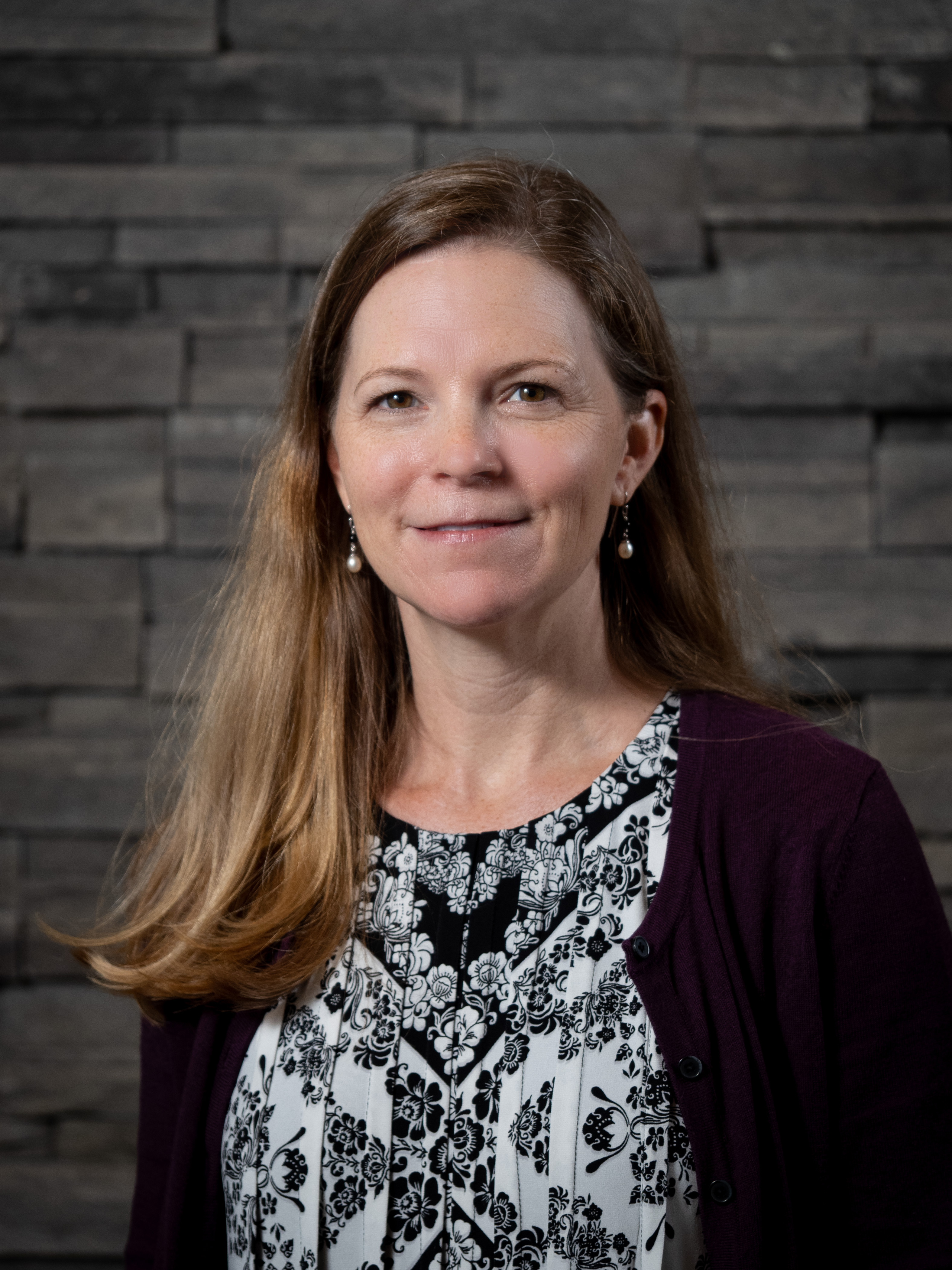
Kati Migliaccio
Dr. Migliaccio is Professor and Chair of Agricultural and Biological Engineering (ABE) at the University of Florida (UF) and a Professional Engineering in the state of Florida. She has a BS in Agricultural Engineering (1997) from Texas A&M University, MS in Biosystems & Agricultural Engineering (1999) from University of Kentucky, and a PhD in Biological and Agricultural Engineering (2005) from University of Arkansas. As a faculty member, Dr. Migliaccio focused on hydrology and water conservation with a research, teaching, and extension appointment. She published one book, 11 book chapters, and 77 refereed publications. Dr. Migliaccio currently leads the UF ABE department, which is national ranked by USNWR, 3rd in graduate programs. The department includes over 30 faculty and 20 staff, with academic programs in the College of Agricultural and Life Sciences and the Herbert Wertheim College of Engineering. Dr. Migliaccio also contributes to leadership efforts with ASABE’s Circular Food and Agricultural Systems initiative and the Artificial Intelligence Initiative at UF. She has received awards including a 2019 ASABE President’s Citation for Leadership in forming the Journal Editor and Chief Position and a 2020 ASABE President’s Citation for Leadership in forming the ASABE E-03 IDEA Committee. Other recent recognitions include the 2017 Recognition of Excellence in Extension by Southern Region Extension Directors, 2018 UF Research Foundation Professor, 2020 Outstanding Professional Award from University of Kentucky Biosystems Engineering Department, and the 2021 UF/IFAS Culture of Nominations Award.
UF/IFASJANE SOUTHWORTH
Jane Southworth is Full Professor and current Department Chair at the University of Florida, Department of Geography. She holds a BSc degree in Geography, from Leicester University in the UK, an MSc in Geography, with a Specialization in Meteorology & Climatology from Indiana University, and a PhD in Environmental Science, also from Indiana University. Professor Southworth's research interests are based on the study of social-ecological systems within the field of Land Change Science, Geospatial Science and GeoAI. Her particular foci are: remote sensing of vegetation dynamics with a focus on time-series and AI approaches to remotely sensed analyses and linkages with climatic drivers; linking changes in land use and land cover change to their respective drivers with a focus on land change modeling; the implications of scale and scaling in remote sensing and modeling analyses; addressing linkages and drivers of change as they relate to people and parks; and modeling of the impacts of climate change and changing climate variability on human-environment systems and vegetation dynamics. Since her arrival at UF in 2002, Dr. Southworth has been part of over $18 million in funded interdisciplinary research projects, published 2 books, over 95 peer-reviewed journal articles, and has successfully advised 22 PhD and 8 Masters students, with another 5 PhD students currently in progress.
The globe is currently undergoing a range of alarming changes related to social and environmental systems, and the links between the two. Our ability as researchers to study the dynamics of these ongoing processes is essential for real-world understanding and application of management strategies that can mitigate potentially negative outcomes. The scale of change and its associated impact generated by natural and anthropogenic drivers varies across the landscape, such as local degradation of ecosystem services, regional deforestation, large scale urbanization, and widespread yet geographically specific changes yielded by vagaries in climate. Understanding such critical changes is of paramount importance for the future wellbeing of the coupled human-natural systems that we are all a part of and on which we all depend. The tremendous amount of data now available for remote sensing research cannot be efficiently utilized with traditional methodologies of analysis, creating a need for new approaches and techniques. Use of artificial intelligence (AI), specifically related to issues of big data and machine learning, including deep learning, are all possible innovations within this field. As such, we are now on the cusp of being able to effectively investigate some of the most pressing environmental concerns of our time at a temporal scale relevant to climatological, ecological, and social systems. The coming decade will surely present landmark innovations, introduce novel approaches, and yield breakthroughs in understanding our world. Such advances will undoubtedly be facilitated by the enhanced accessibility of remotely sensed datasets with greater temporal range, which will enable more effective monitoring and detection of GEC. Not only is such research of paramount importance, but training this next generation of students and scholars, to make them ready to engage in these arenas, with the real-world skills they need to tackle these problems, is of paramount concern, and one where AI training and understanding is front and center. UF is currently placing itself as a leader with its exciting and transformational concept of AI across the curriculum. What a wonderful time to join the Gator Nation! - Jane Southworth
COLLEGE OF LIBERAL ARTS & SCIENCES
